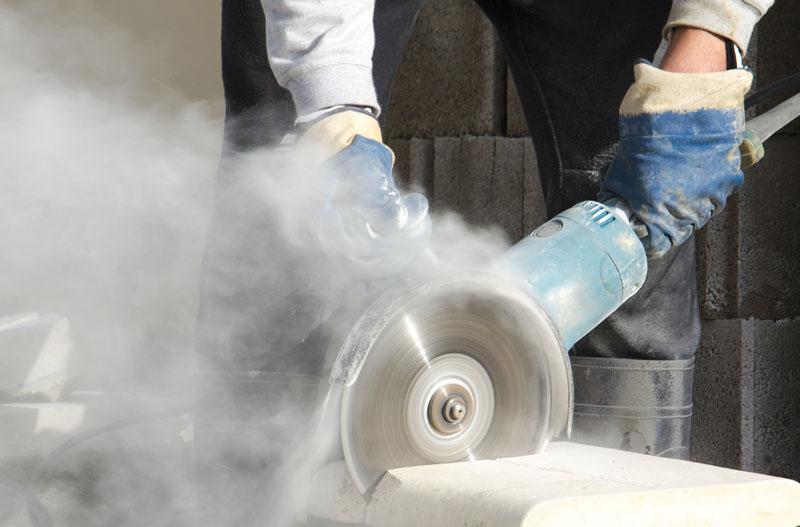Respirable Crystalline Silica Safety Training Kit

| Price Inclusive of Tax | See Shipping Options in Cart | 30-Day Return Policy | |
Payment Methods Accepted:
|
|
Respirable Crystalline Silica Safety Training Kit Overview
Our Respirable Crystalline Silica Safety Training Kit is a convenient and cost-effective training solution, perfect for in-house safety coordinators. This OSHA silica “Train-the-trainer” style kit is flexible for individual training sessions via computer, group sessions in a classroom setting, or out on the jobsite.
What’s Included
- Software-based training program
- Instructor course materials
- Student course materials
- Program outline and instructions
- Quizzes and evaluations
- Training logs and sign-in forms
- Certificates and wallet cards

Why Choose OSHA Silica DIY Training Kits?
 |
Meets OSHA safety training requirements |
 |
Train employees in just 1 hour |
 |
Train any number of employees as often as you need |
 |
All course materials are easily reproduced |
 |
Convenient and cost effective |
Silica Safety Training Topics Covered
- OSHA Regulations
- What is Silica?
- Health Effects
- Exposure Controls
- Respiratory Safety
Industries Served
OSHA Silica Compliance Guide
To protect workers exposed to respirable crystalline silica, OSHA has issued two respirable crystalline silica standards. These regulations (§29CFR1910.1053 for General Industry and §29CFR1926.1153 for Construction are designed to provide guidance to the employer on how to mitigate the risks associated with respirable Silica. This not only assists the employer in compliance to these regulations, but also prevents citations as well as any illness contracted from breathable Silica exposure.
